Mozambique: Prices up 0.29% in September
BMI Research: Treatment of Mozambique’s creditors suggests “political motivations”
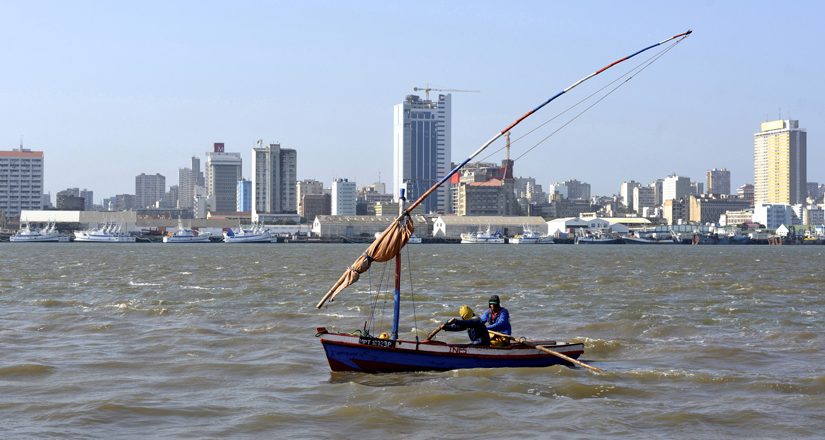
Lusa (File photo) / A view of Maputo
The Mozambique analyst at BMI Research says that the Mozambican government should have given priority to paying public debt holders, and believes there are “political motivations” for avoiding to VTB and Credit Suisse banks.
“It would make more sense for the government to say that those with Eurobonds already had a restructuring in 2016, and it should therefore focus on paying those and moving towards a default towards those who lent to public companies through VTB and Credit Suisse. The fact that they have not done so suggests that there must be political motivations in keeping the two banks happy,” BMI’s David Earnshaw said.
In an interview with Lusa in London, Earnshaw criticised the Mozambican government’s option to treat all creditors in the same way, and stressed that those with public debt issued in April last year were the same as those who already held Mozambican Tuna Company debt.
The remaining lenders are those who have lent US$1.4 billion to state-guaranteed Mozambique Asset Management and Proindicus public enterprises in a business brokered by Russian bank VTB and Swiss Credit Suisse.
“Differentiating creditors would be viewed more favourably by investors and by the International Monetary Fund (IMF) itself, which has already said it would not give financial aid before the restructuring of these operations, and in that regard, Mozambique has missed open goals by not giving priority to public debt holders against those who Facilitated the undisclosed debts,” Earnshaw said.
“There is now a greater risk that the negotiations will not go anywhere and reach the same point that Argentina has reached, where the creditors and the government have turned their backs and left without an agreement.”
According to Earnshaw, this scenario would not be as negative as one might think, because “despite the default, private companies continue to invest in infrastructure such as roads or projects in public-private partnership, incorporating in the price the lack of government financial credibility”.
The consequence of not having an agreement with creditors and the IMF will essentially be a slowdown in economic growth due to the difficulty in honouring commitments in megaproject agreements that depend partly on state investment.
“ENI’s decision at the beginning of June is special for two reasons, the first being that the government has a small role in the project, meaning that the state of public finances has little importance in determining the success or failure of the project ” Earnshaw said.
The other reason, he continued, is that the project takes place offshore, “The platform was built in South Korea and will float to the waters of Mozambique, so even if the country is full of problems, they never have to touch land or experience any turbulence that might be just around the corner,” he concluded.
This is why ENI has been able to move faster than Anadarko to its final investment decision, Earnshaw said, adding that the US oil project is based onshore and requires “roads and ports, where the government plays a bigger role, and that is where delays in foreign investment can be seen”.




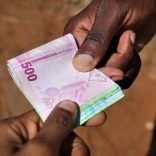
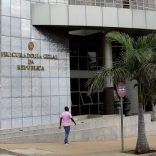
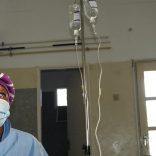
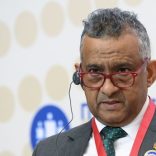




Leave a Reply
Be the First to Comment!
You must be logged in to post a comment.
You must be logged in to post a comment.